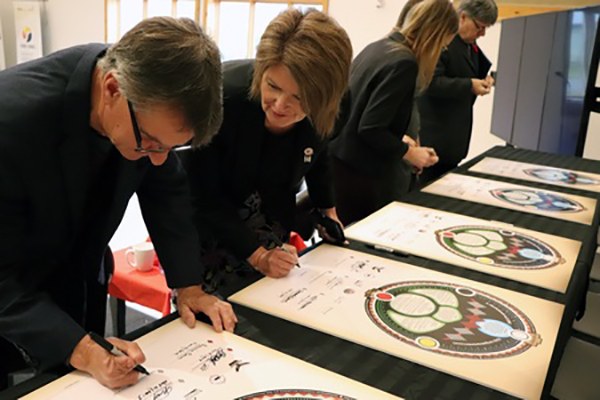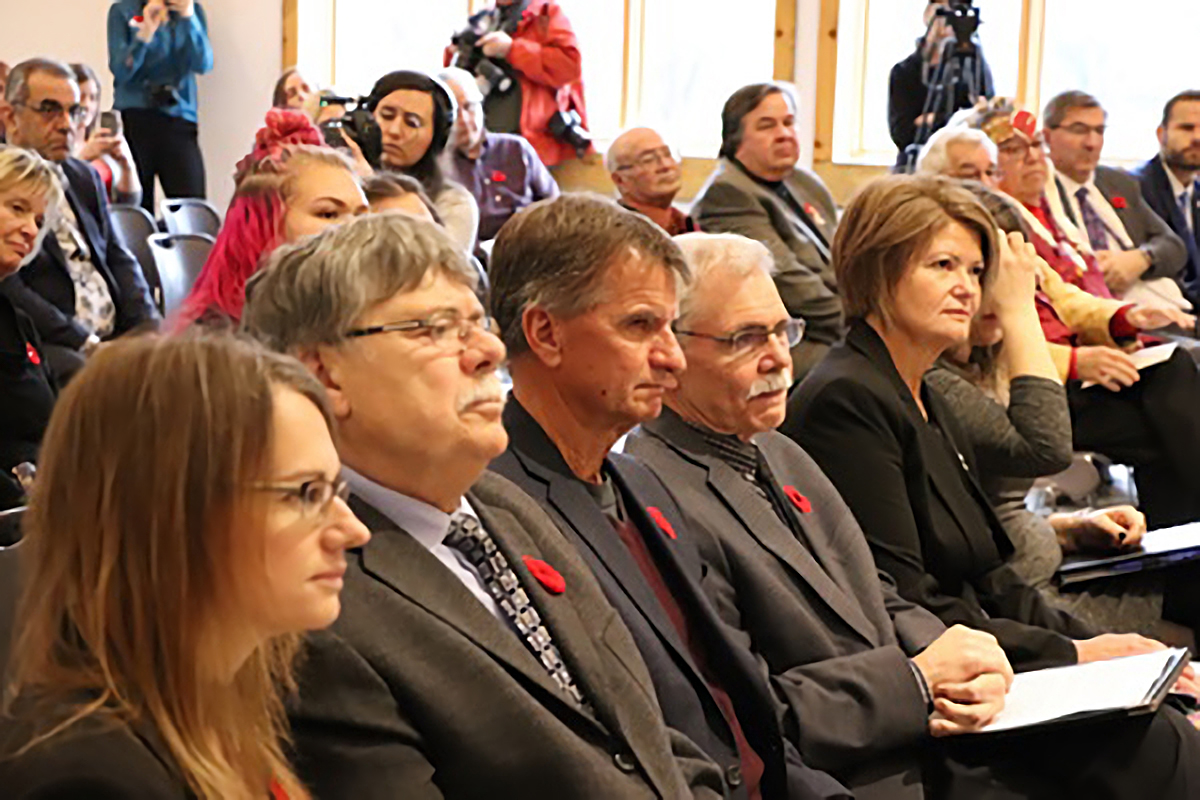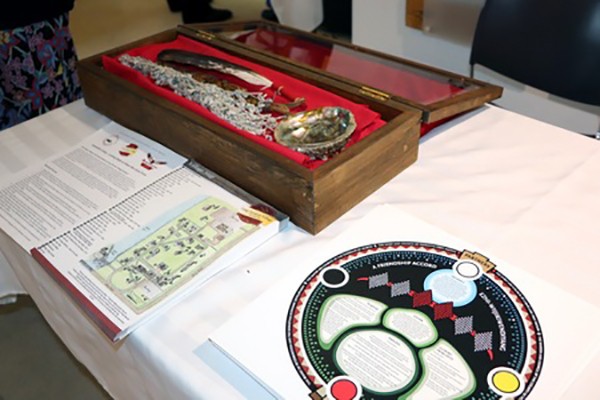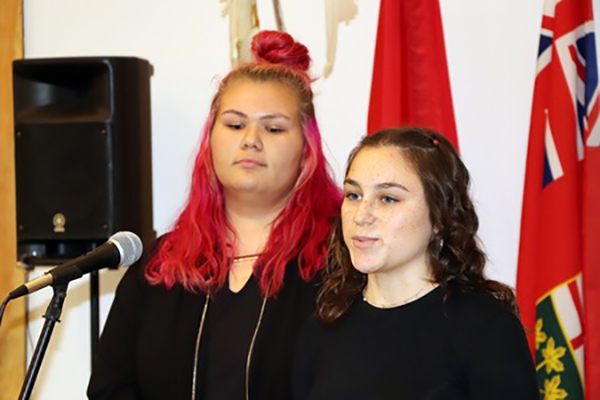The need for change in the consultation process was first identified by Julie Kapyrka, Consultation Liaison at Curve Lake First Nation. She shared grievances at the first CEDI Joint Workshop about how the First Nations were not on the County’s Official Plan Technical Advisory Committee and that the Planning Act stated that First Nations were to be consulted only if development was within 1 km of a First Nation. The First Nations wanted to be consulted and engaged on all development within the Treaty 20 area, as all the community partners are within the boundaries of Treaty 20.
The County has since formally extended invitations to Curve Lake and Hiawatha First Nations to join the County’s Official Plan Technical Advisory Committee and has embraced open discussion on relationship building and development with the CEDI partners.



